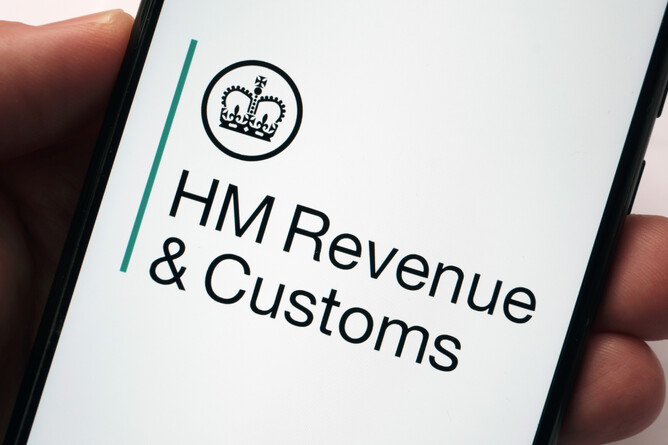HMRC Recognition
Charities can get certain tax reliefs but you must be recognised by HMRC. To be recognised the charity must be:
- based in the UK, EU, Iceland, Liechtenstein or Norway
- established for charitable purposes only
- registered with the Charity Commission
- be run by fit and proper persons
Charitable Purposes
A charity must have ‘charitable purposes’ that help the public (known as being ‘for public benefit’).
Charitable purposes include things that contribute to:- relieving poverty
- education
- religion
- health
- saving lives
- citizenship or community development
- the arts
- amateur sport
- human rights
- religious or racial harmony
- the protection of the environment
- animal welfare
- the efficiency of the armed forces, police, fire or ambulance services
Registered with the Charity Commission
You must apply to register your charity if
- its income is at least £5,000 per year or it’s a charitable incorporated organisation (CIO)
- it’s based in England or Wales (the rules are different in Scotland and Northern Ireland
Fit & Proper Persons
When you apply for recognition for your charity you must choose:
- up to 2 ‘authorised officials’ within your charity to manage its tax, eg claim Gift Aid and file a tax return
- 2 to 4 ‘responsible persons’ to be legally accountable for running your charity, eg a trustee, director or treasurer
You need to do this before you can qualify for tax relief
Tax Reliefs for Charities
As a charity you don’t pay tax on most of your income and gains if you use it for charitable purposes - this is known as ‘charitable expenditure’.
This includes tax:
- on donations
- on profits from trading provided you are making money to help your charity's aims and objectives - this is known as 'primary purpose trading'
- on profits from trading that is not primary purpose provided it is covered by the small trading tax exemption limit which is dependant on the charities gross annual income
- you trade through a subsidiary company which pays the tax in the same way as an ordinary company
- on rental or investment income, eg bank interest
- on profits when you sell or ‘dispose of’ an asset, like property or shares
- when you buy property
When Charities do pay Tax
Charities pay tax on:
- dividends received from UK companies before 6 April 2016
- profits from developing land or property
- purchases - but there are special VAT rules for charities
Charities pay business rates on non-domestic buildings, but they get an 80% discount which must be applied for.
You must pay tax on any money you don’t use for charitable purposes. This is known as ‘non-charitable expenditure’.
Gift Aid
Charities can claim back 25p every time an individual donates £1 to your charity. This is called Gift Aid.
The donor must:
- have paid at least as much in Income Tax or Capital Gains Tax in that tax year as you want to claim in Gift Aid
- make a Gift Aid declaration that gives you permission to claim it
If the donor has not made a declaration you may still be able to claim on cash donations of £30 or less, for example from a collection in a relgious building this is known as the Gift Aid Small Donation Scheme (GASDS)
Bank Interest
You can arrange to receive interest without tax deducted. Show your bank your letter of recognition from HM Revenue and Customs (HMRC).
If tax has already been taken from your interest you can claim it back for:- the current tax year by asking your bank
- previous tax years by claiming it from HMRC
Applying for Recognition from HMRC
You need to register online with HMRC using your charity's details. You will need:
- bank account details and financial accounts
- officials’/trustee details, including dates of birth and National Insurance numbers
- registration number if you’ve registered your charity with a regulator
- charitable objectives (sometimes called purposes)
- governing document (sometimes called a rulebook) - this explains how your charity is run
- Government Gateway user ID and password - you can create one when you register your charity’s details
It is a different process than registering with the Charity Commission and the link to do so with HMRC is here

